A massive test is expected in Tunisia of more than 40 people accused of various conspiracies Against the Tunisian state and its president, Kais Saied.
The trial, originally planned to begin on March 4, was postponed on April 11, then delayed for a week.
Among the defendants are some of the highest politicians, diplomats and highest media personalities in the country Say the charges, including links with the « Foreign Powers » to undermine the rule of Saied, they shake and a symbol of the democratic back of Tunisia.
Almost all the defendants face a long sentence in prison or the death penalty.
The executions have been effectively suspended in Tunisia since 1991, despite judges who passed the sentence.
Would some of the defendants be sentenced to death in this case? And would this phrase be implemented?
Let’s look closely.
Does the death penalty still exist as a punishment in Tunisia?
The death penalty is still a legal conviction available to the judges, but it has not been carried out since 1991, establishing a de facto moratorium.
The 2014 Constitution makes specific bonuses for legal executions, but Tunisia has constantly supported the United Nations efforts to establish a global moratorium on the use of death penalty since 2012.
However, he has not deleted the death penalty.
Have people been sentenced to death in Tunisia?
Although the last person to be executed in Tunisia was the « Nabup butcher », the serial killer Naceur Damergi, who was hung in 1991, the penalty continues to appear in the legislation and the sentences.
As in February of this year, eight individuals were sentenced to death for the murder of the 2013 opposition politician, Mohammed Brahmi, while in March 2024, four received death sentences to kill the same year of another politician, Chokri Belaid.
In 2022, 16 people accused of being members of the ISIL (ISIS) were sentenced to death on their part in the 2016 attack on the South Desert City of Ben Guerdane, who killed seven civilians and 13 members of the security forces.
In the same way, in January 2020, a Tunisian court sentenced eight people to death for their participation in the 2015 suicide bombing on a presidential guard bus in Tunis, who killed 12 presidential guards and wounded 20.
Some of the accused of the « conspiracy case » face the death penalty?
Jaouhar Ben MubbakKhayam Turki, Issam Chebbi, Ghazi Chaouachi, Ridha Belhaj and Abdelhamid Jelassi, who have been retained in preventive arrest since February 2023, are accused, among other crimes, with the attempt to « change the nature of the state » under article 72 of the Criminal Code.
If they are guilty, they would face the death penalty.
Another accused of trying to change the nature of the state is the former Minister of Justice Noureddine Bhiri, whose accusation is based on a series of social media positions that have been supposed to have been the author.
Other charges against the defendants include a trace against state security and membership in a « terrorist » group, both capital crimes.
What is the attitude of President Saied to the death penalty?
He supports it.
During the first presidential times of 2019, Kais Saied easily supported his death penalty, provided that he was performed after the due process.
In 2020, responding to the popular outrage after the brutal slaughter of Rahma Lahmar, 29, Saied returned to the matter, telling his security council, « the murder deserves the death penalty. »
However, despite Saied’s past public support, it is important to keep in mind that he does not yet monitor his implementation, despite the wide purges of his political opponents and criticism.






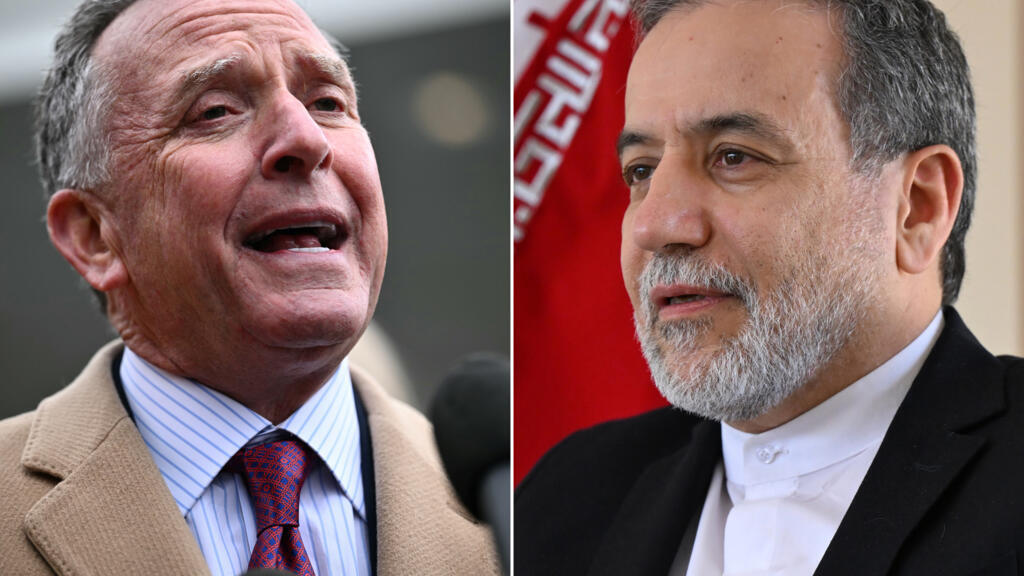
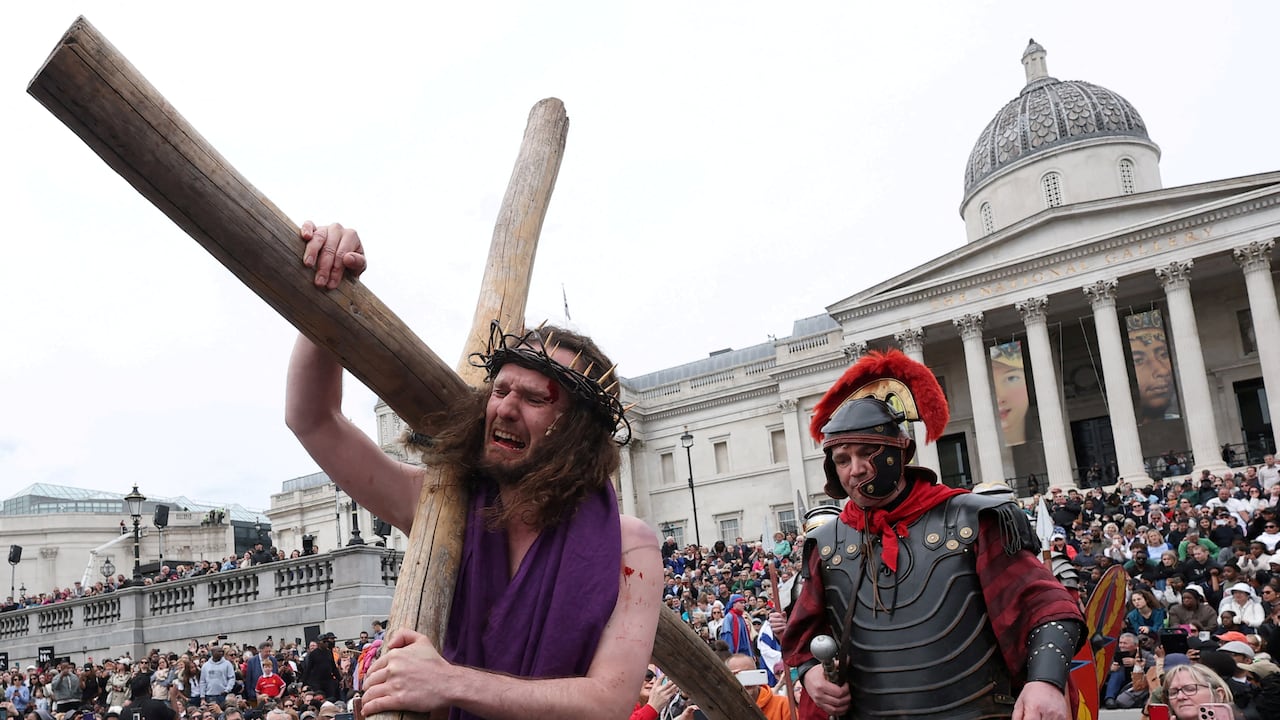
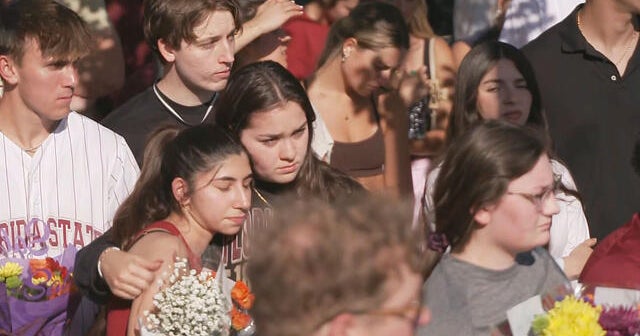
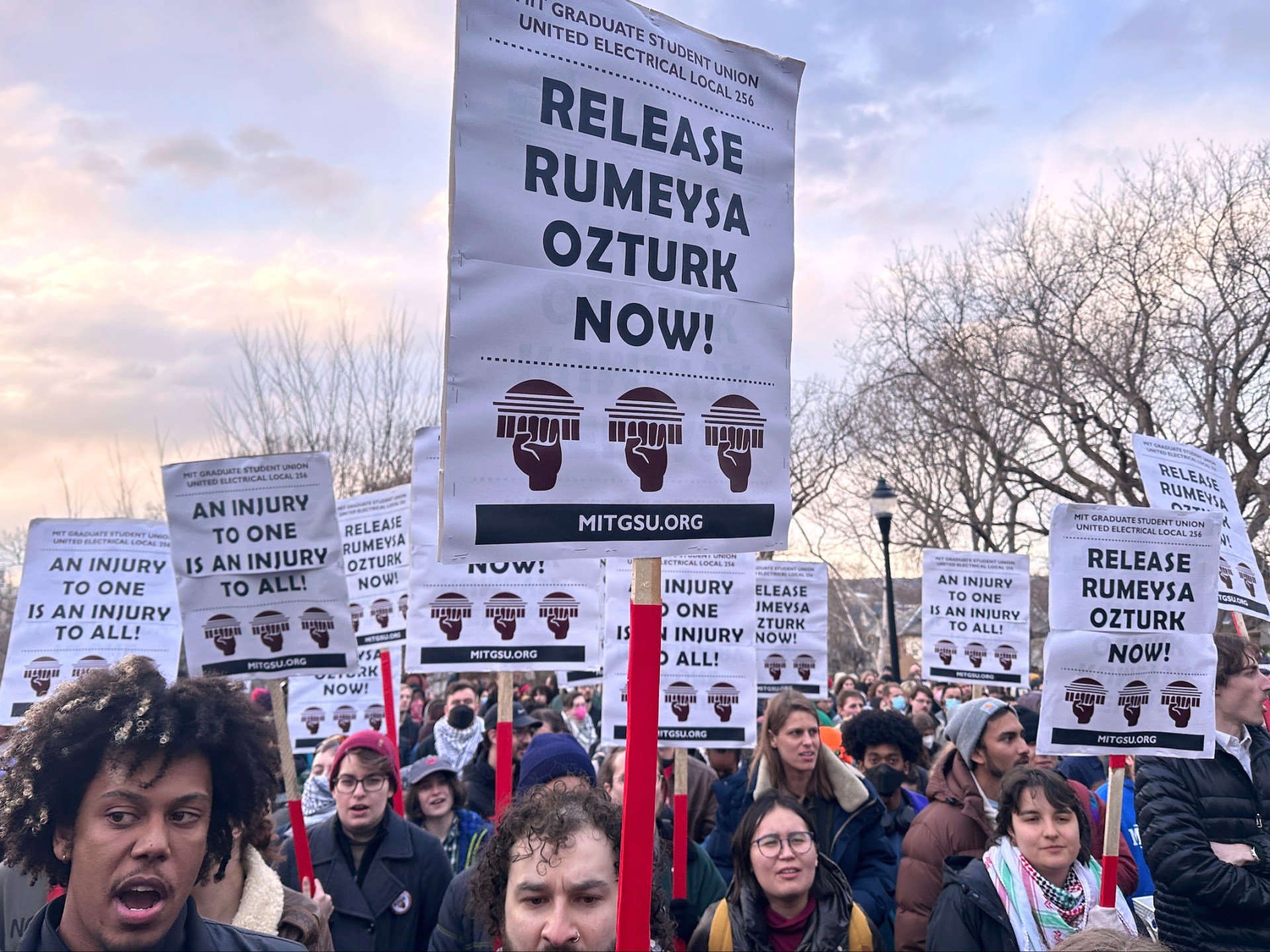


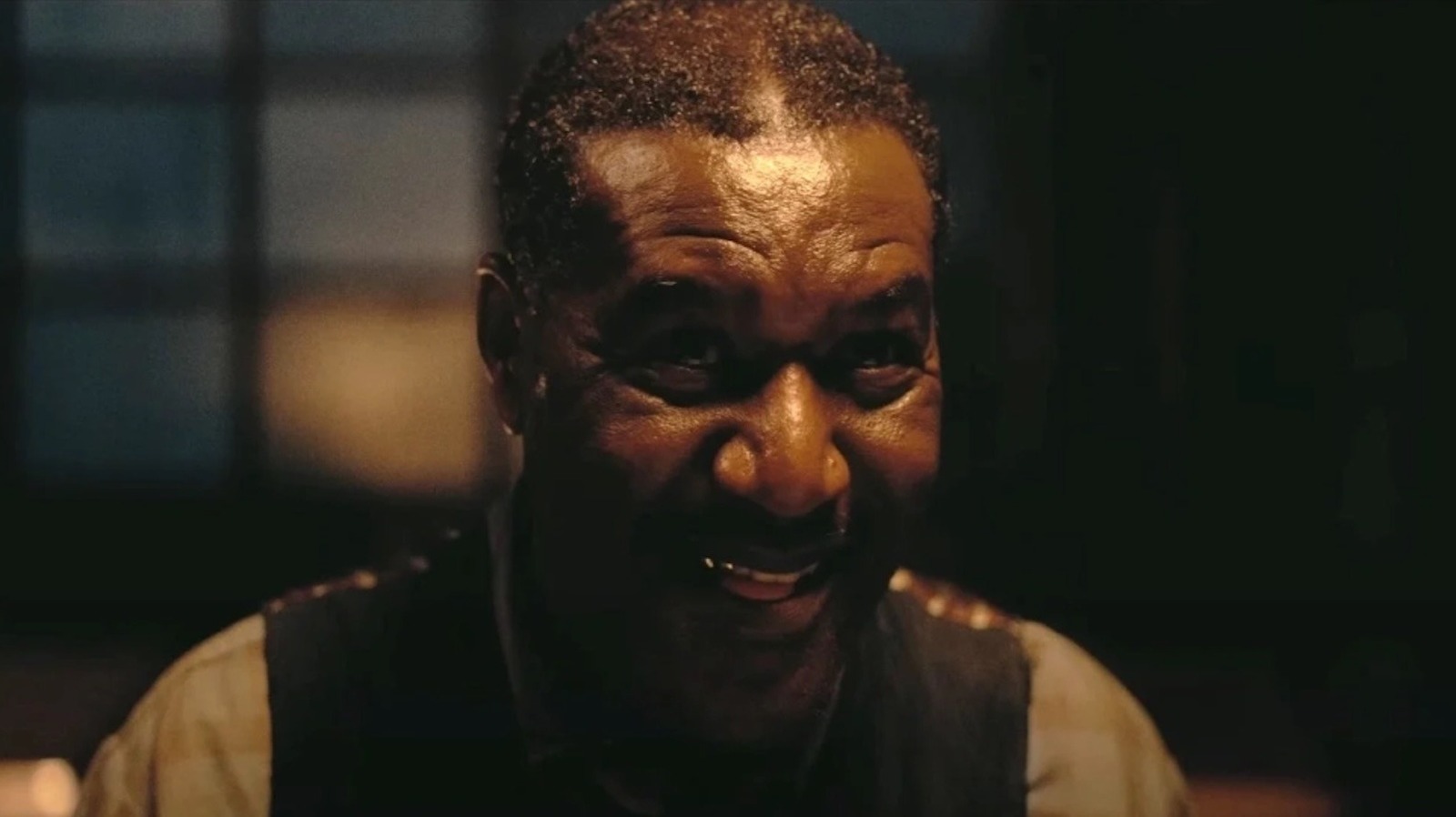

Leave a Reply